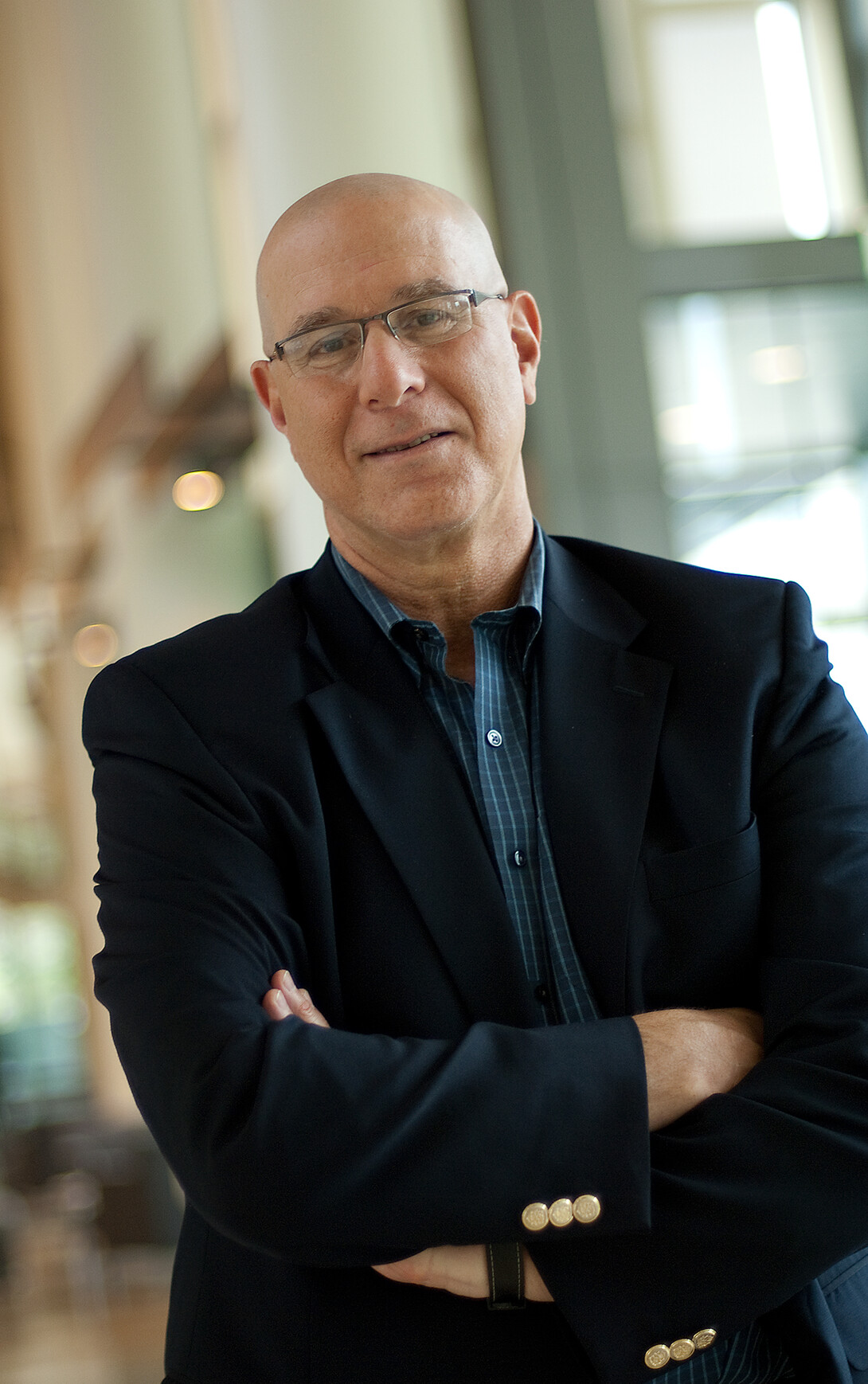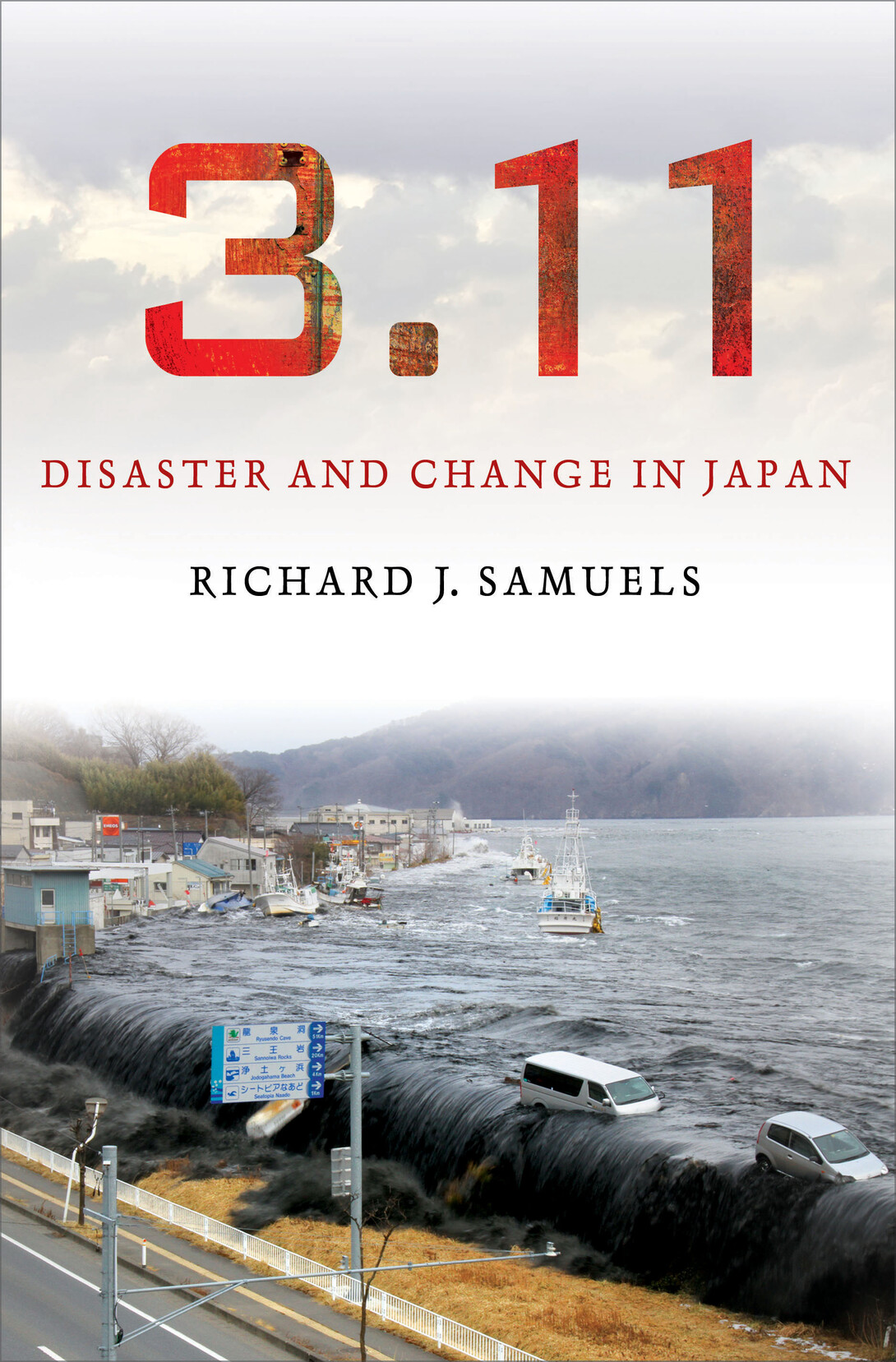
It was March 11, 2011, when the strongest earthquake in Japan’s recorded history shook the country’s eastern coastline. Three years later, the world has seemingly forgotten, but the nation continues to deal with the aftermath.
A presentation by scholar and author Richard J. Samuels will explore how Japan’s government and society have been affected by the quake. Samuels, author of “3.11: Disaster and Change in Japan,” will give a talk at 3 p.m. April 10 in the Unity Room of the Jackie Gaughan Multicultural Center.
The Kawasaki Reading Room is sponsoring Samuels’ presentation. Director Madoka Wayoro said the event aligns with one of the most important components of the reading room’s mission to facilitate cultural understanding.
“It’s been three years since it happened and I think it’s been largely forgotten, but it’s important to understand that people are still struggling,” Wayoro said.
The topic is personal for Wayoro; she grew up in Miyagi, Japan, which was devastated by a tsunami that followed the earthquake. The disaster killed more than 20,000 people and caused a nuclear disaster when a multireactor meltdown happened at Fukushima Daiichi Nuclear Power Plant.
“My town was in the most damaged area and half of it is now gone,” she said. “The people who had been living near Fukushima are still living in temporary shelters, wondering what they are going to do.”
Bringing Samuels to campus was special for Wayoro because of her background, his visit was brought on by a cooking class the reading room is hosting April 11. The class is being led by Samuels’ wife, travel writer and cookbook author Debra Samuels. When Wayoro was arranging the cooking class with Debra, she learned of Richard Samuels’ new book and invited him to speak as well.
For more information on the events, click here.








